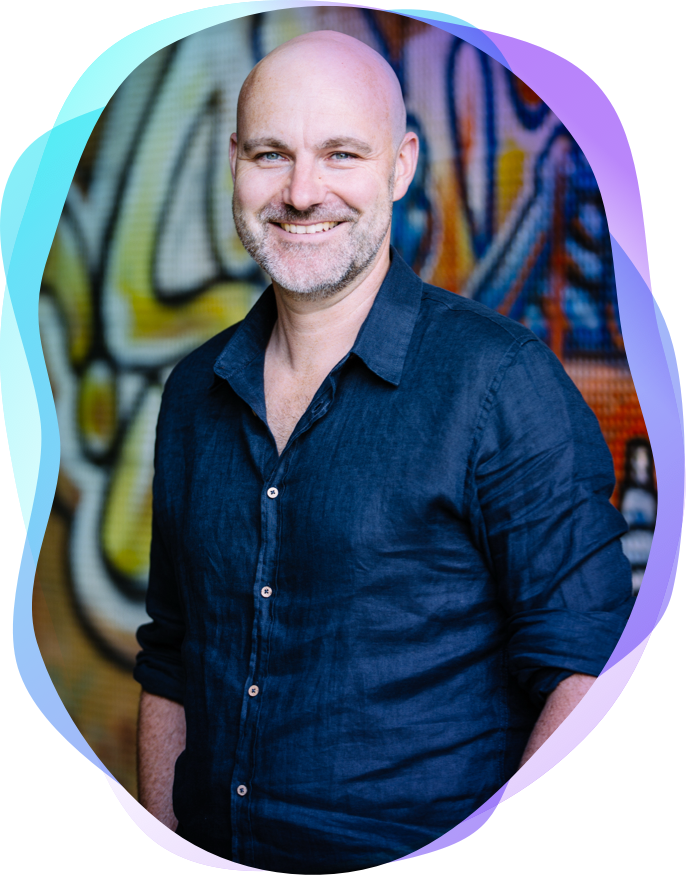Let's build your best digital self.
Hi! Ich bin Matthias 👋
Ich bin darauf spezialisiert, Unternehmen dabei zu helfen, die Vorteile der Digitalisierung voll auszuschöpfen und Software zu entwickeln, die echte Geschäftserfolge bringt.
„Interdisziplinäre Zusammenarbeit ist der Schlüssel zu wirklich außergewöhnlichen Ergebnissen. Als IT-Berater und professioneller Songwriter habe ich aus erster Hand erfahren, welche Magie entsteht, wenn unterschiedliche Perspektiven zusammenkommen. Entfesseln Sie Ihr digitales Potenzial mit mir.” — Matthias Max

Firmen, mit denen ich direkt oder als Subunternehmer gearbeitet habe
Erfahre mehr über meine Projekte und Skills: